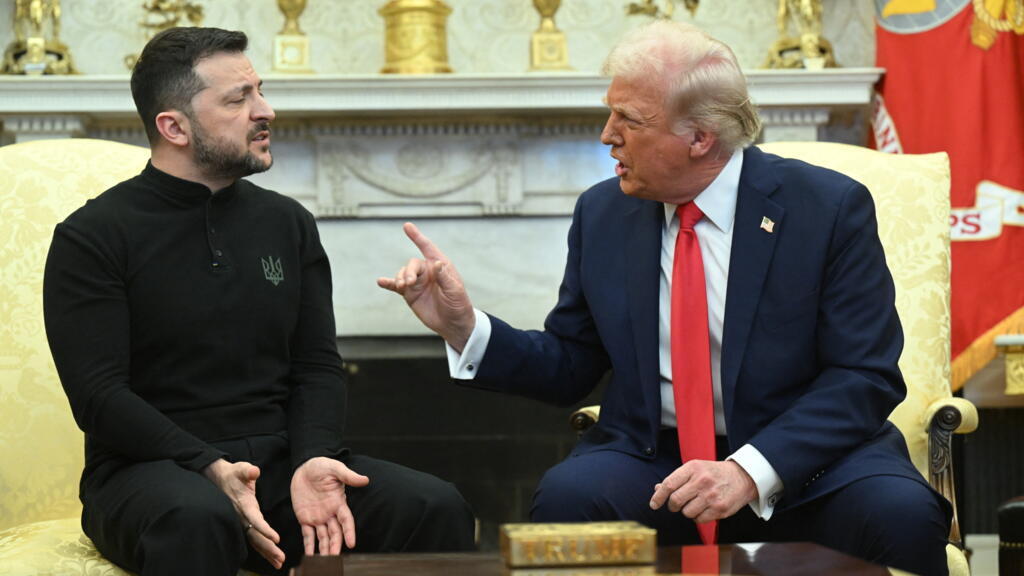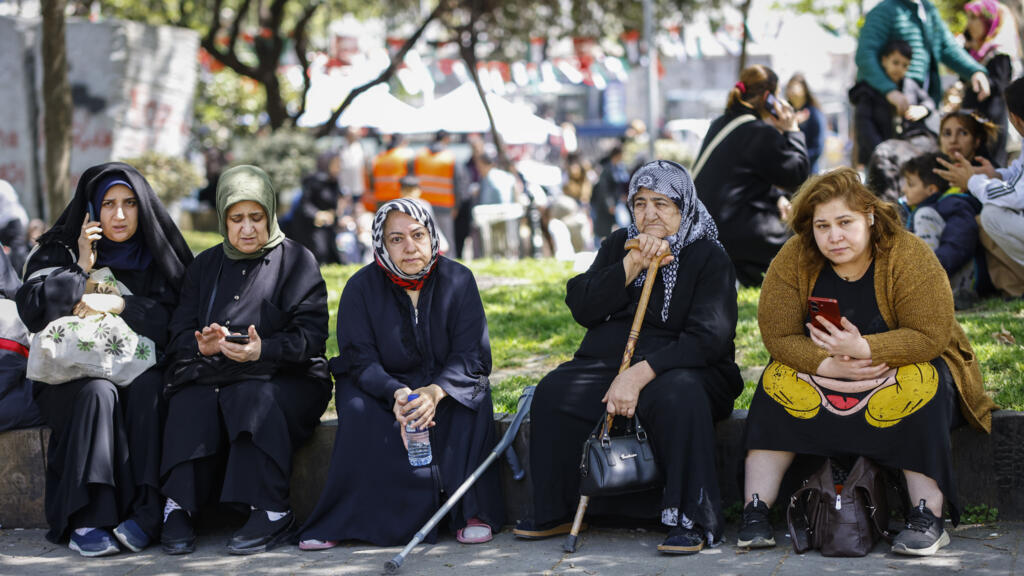Trump's Criticism of Ukraine's Zelensky
On Wednesday, former President Donald Trump made headlines with his pointed remarks about Ukraine's President Volodymyr Zelensky, accusing him of prolonging the conflict in Ukraine by refusing to acknowledge Crimea as part of Russia. Trump's statements emerged amidst ongoing discussions about potential peace negotiations between Ukraine and Russia, in which territorial concessions have been a contentious issue.
Trump's comments were particularly notable as they reflect a broader debate surrounding the conflict that has persisted since Russia's annexation of Crimea in 2014. The topic of Crimea remains a critical sticking point in any peace talks, and Zelensky has consistently taken a firm stance against ceding any Ukrainian territory to Russia. This unwavering position has drawn both domestic and international scrutiny, as the ongoing war continues to result in significant loss of life and disruption in the region.
According to Trump, by not conceding Crimea, Zelensky is actually exacerbating the violence and chaos in the area, which Trump described as akin to a "killing field." This language underscores the gravity of the situation in Ukraine, where civilian casualties and humanitarian crises have been mounting since the onset of conflict. Trump's comments suggest that he views Zelensky's refusal to consider territorial compromises as a hindrance to achieving peace and stability in the region.
The backdrop to Trump's remarks includes a proposed peace plan put forth by the United States, suggesting potential pathways to resolve the conflict. However, Zelensky has firmly ruled out any scenarios that involve surrendering land, stating that Ukraine's sovereignty and territorial integrity are non-negotiable. This has sparked a division of opinions not only within Ukraine but also among its allies, who are caught between the desire for peace and the principles of upholding international law.
Furthermore, the geopolitical ramifications of this ongoing conflict are significant, as Russia's actions since 2014 have drawn widespread condemnation from the international community. The United States, along with NATO allies, has provided various forms of support to Ukraine, reinforcing their commitment to Ukrainian independence while simultaneously navigating complex diplomatic relations with Russia.
As the conflict continues, the challenges of negotiating peace become increasingly complicated. The stark differences in the leadership approaches of Trump and Zelensky highlight the delicate nature of diplomacy in wartime scenarios. While former President Trump appears to advocate for concessions as a route to peace, Zelensky's firm stance reflects a broader national sentiment of resistance against external aggression and a commitment to reclaiming occupied territories.
In summary, Trump's recent criticisms of President Zelensky encapsulate the ongoing tensions within the Ukraine conflict, centering on issues of territory, sovereignty, and the path toward peace. With both leaders entrenched in their positions, the prospect of a lasting resolution remains uncertain, underscoring the complexities of international relations and the often tumultuous nature of geopolitical conflicts.












